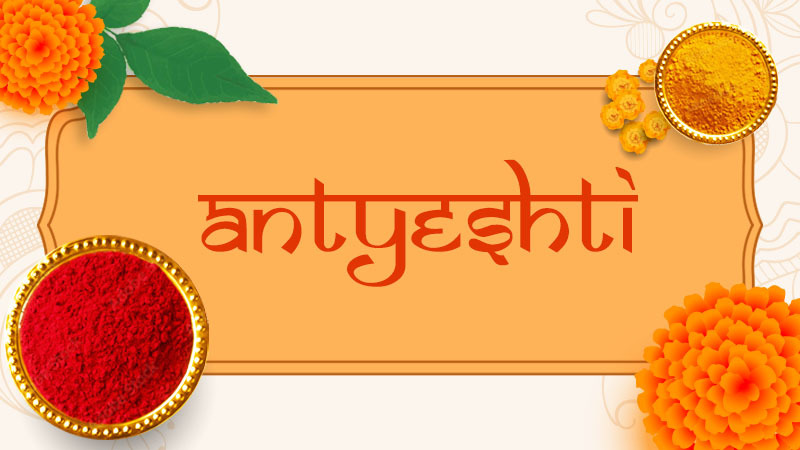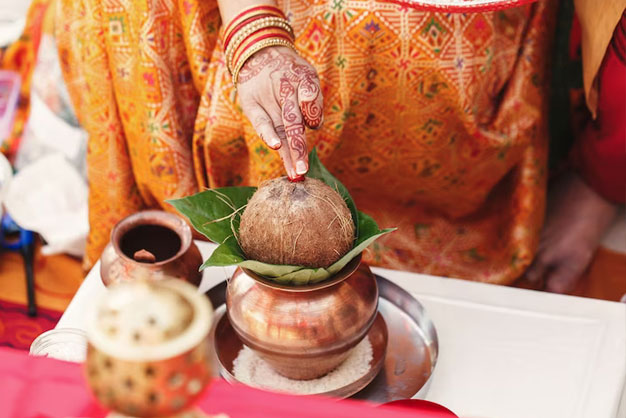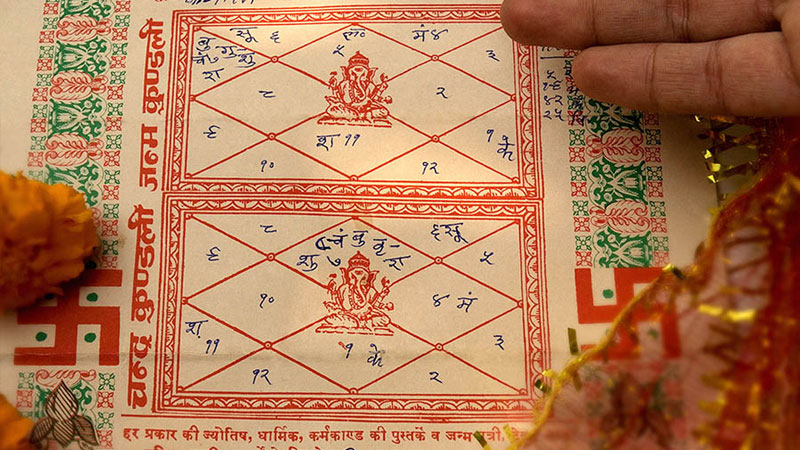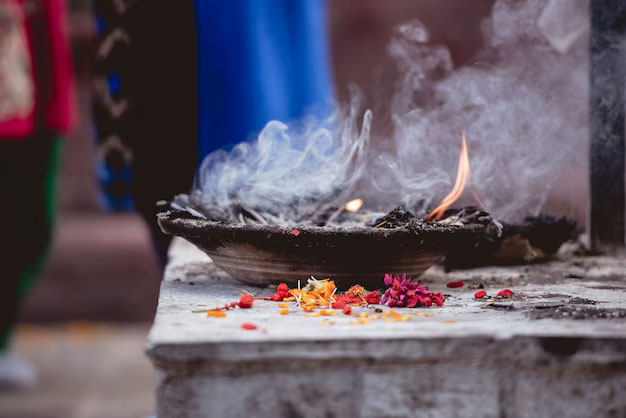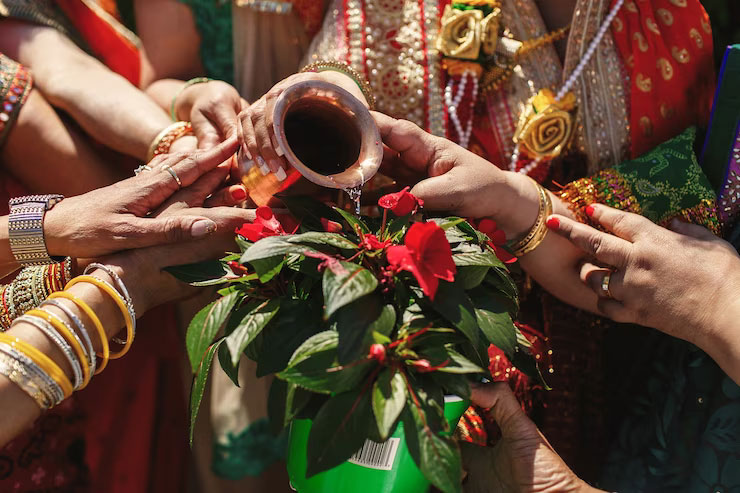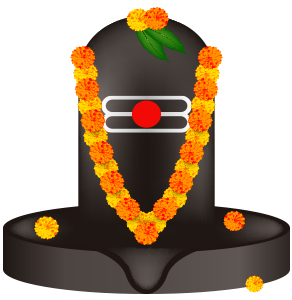Antyeshti is the final sacrament or samskaras. That ideally begins with conception and takes place at each important stage of life. Antyeshti refers to Hindu funeral rites that involve cremation followed by the immersing of ashes in a holy river. It means “last rites” and is also referred to as Antima Sanskar, Antya-kriya, Anvarohanyya, or Vahni Sanskara.
Significance
According to Hindu beliefs, the soul (Atman, Brahman) is the essence and immortal caged in the bodies which is the vehicle and is transitory. Upon death, the soul is released at the Antyeshti ritual. It is further believed that our bodies and the Universe are made of the five elements of fire, air, water, earth, and ether. At death, our bodies return to the elements and their origin.
Rituals
Brahmans (priests), family and loved ones, mantras, and sacred texts are recited and gifts are prepared at the approach of death. After death, the body is soon delivered to the cremation grounds, which are typically situated on a river bank. During this time they perform rituals to lend the soul of the dead a new astral body that it may pass on to the next life.
It is of utmost importance that Antyeshti is done by Vedic rules. The pandits at Shri Gauri Shankar Mandir are not just knowledgeable about Hindu rituals and rites. But deeply connected to the Hindu philosophy of life that champions humanity and wisdom above everything else.
